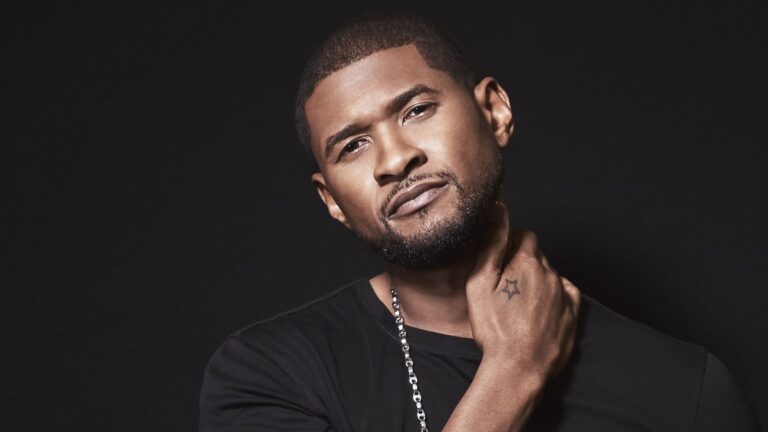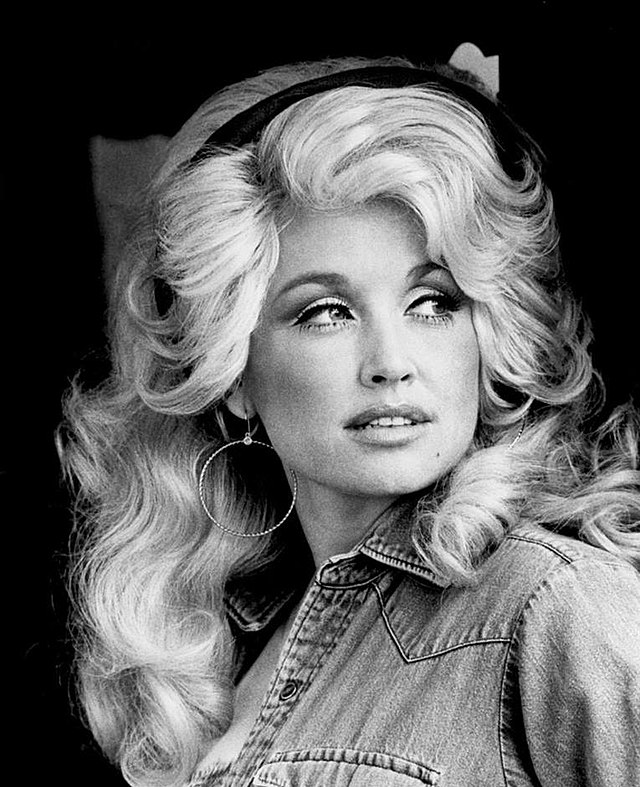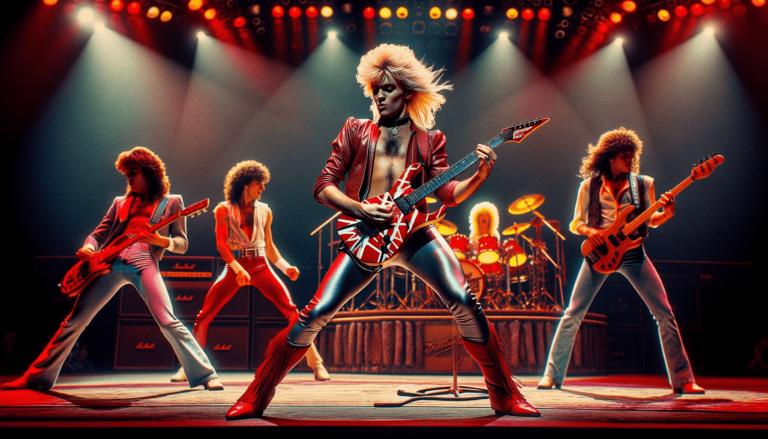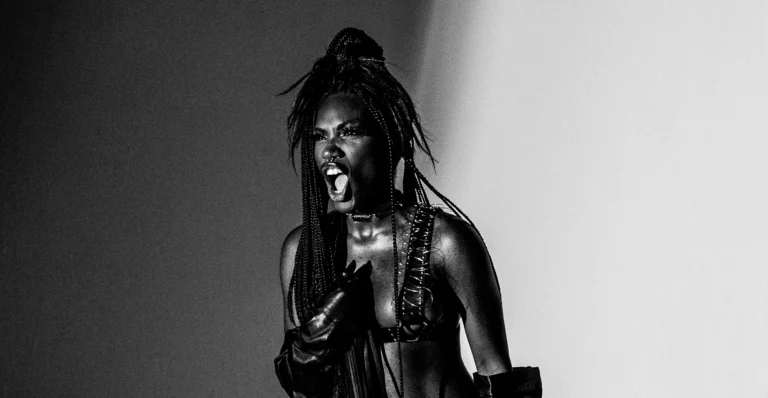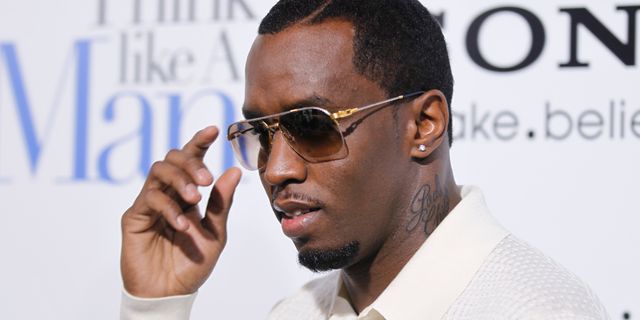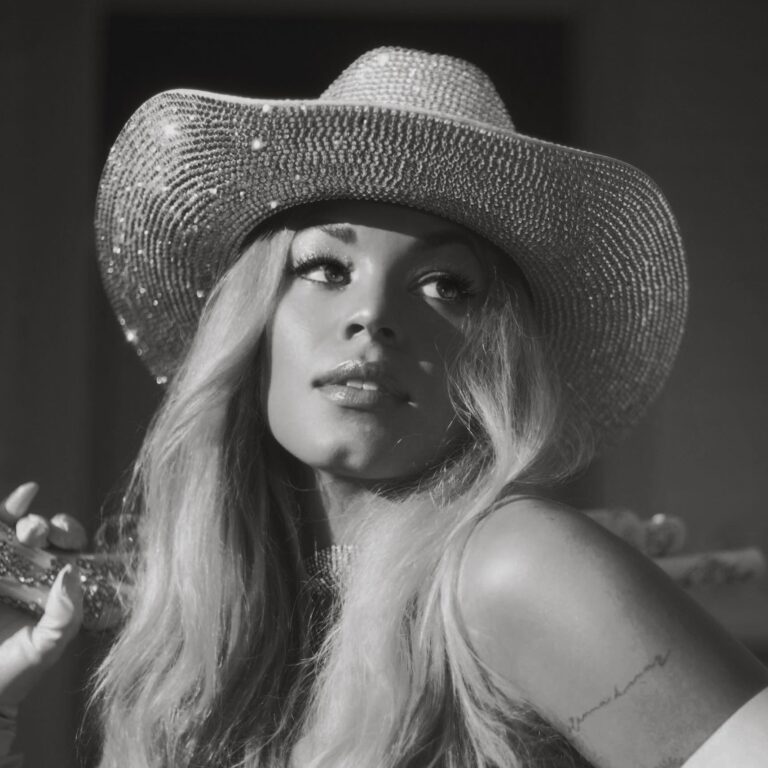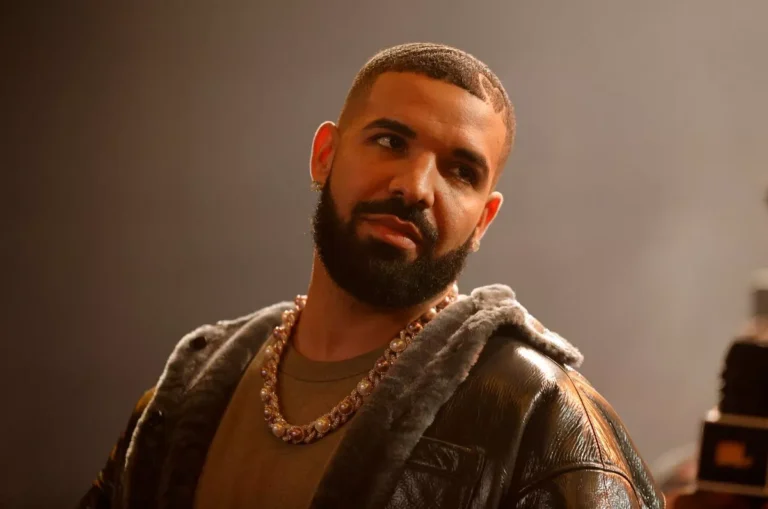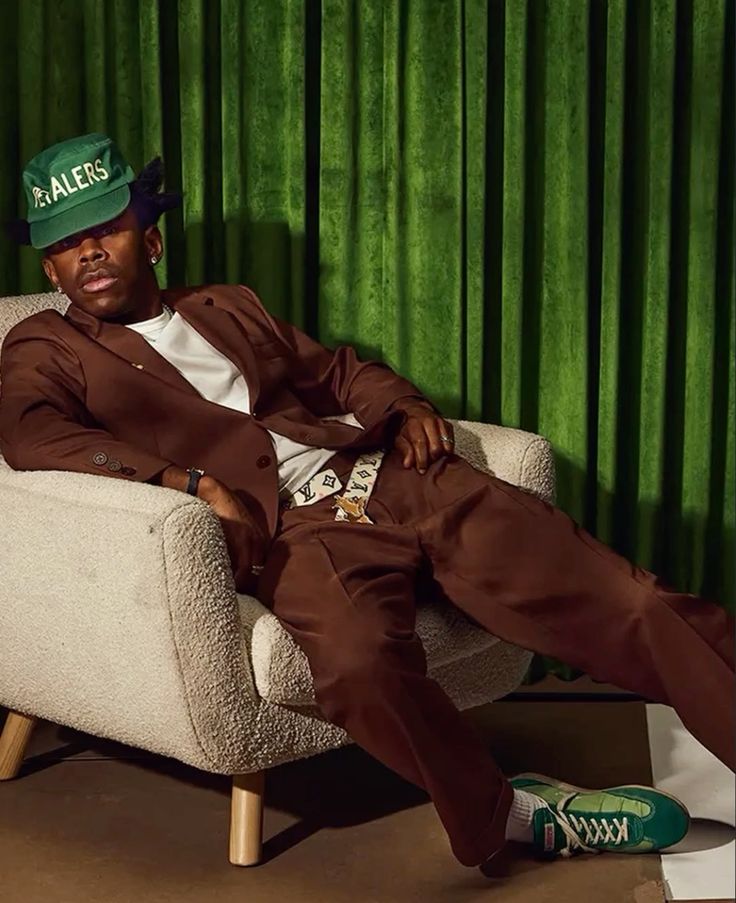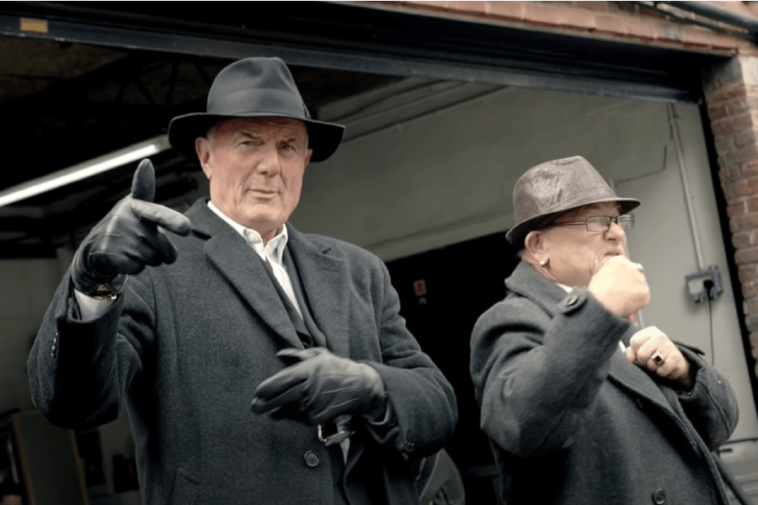Taylor Swift’s battle with Scooter Braun and Ithaca Holdings over the ownership of her masters is a pivotal moment in the music industry that underscores the importance of artists’ rights and control over their work. This dispute brought to light the often opaque dynamics of music ownership and the power imbalances between artists and those who control their music.
Swift made headlines when she publicly called out Scooter Braun and Ithaca Holdings after they acquired Big Machine Label Group, and with it, the master recordings of her first six albums. Swift accused Braun of manipulative bullying and expressed her dismay that her music’s ownership was decided without her consent. This ignited a widespread discussion on artists’ rights, particularly the ownership of masters, which is the recording used to create the music we all enjoy. Owning masters means having control over the reproduction and use of recordings, a lucrative aspect of the music business.
Swift’s decision to re-record her old albums, thus creating new masters that she would own, was a strategic move that may inspire other artists to consider similar paths to regain control over their work. It shows that with enough influence and a dedicated fan base, artists can challenge traditional industry practices and set new precedents for ownership and control.
Beyond the music industry, Taylor Swift’s influence extends into politics and social culture, largely through her fan base. Swift, initially known for her apolitical stance, has become more vocal about her political opinions in recent years. Her endorsement of candidates in the US mid-term elections and her advocacy for the Equality Act demonstrated her capacity to mobilize young voters and engage with her audience on political matters. Her influence is notable; for example, after her endorsement, there was a significant spike in voter registration, particularly among young people.
Swift’s influence on social culture is equally significant. Her dedication to various social causes and her outspoken nature on issues such as gender equality, LGBTQ+ rights, and racial equality resonate with her fans, who often echo her sentiments and rally behind the causes she supports. Her ability to inspire and engage with millions of fans gives her a formidable presence in social discourse, far beyond what might be expected from a music artist.
Taylor Swift’s confrontation with Scooter Braun and Ithaca Holdings is more than just a celebrity feud; it’s a narrative about artist empowerment, the importance of ownership in the music industry, and the role of celebrities in shaping political and social discourse. Swift’s journey and her ensuing actions have challenged industry norms and demonstrated the potential impact of pop culture figures on broader societal issues, showcasing the multifaceted power of modern-day artists.
Explore the remarkable journey of Taylor Swift as she challenges the music industry and emerges victorious. From her battle over music rights to her influence on politics and culture, this insightful article delves into how Swift’s actions have reshaped the landscape of music and beyond.
Explore the remarkable journey of Taylor Swift as she challenges the music industry and emerges victorious. From her battle over music rights to her influence on politics and culture, this insightful article delves into how Swift’s actions have reshaped the landscape of music and beyond.
Explore the remarkable journey of Taylor Swift as she challenges the music industry and emerges victorious. From her battle over music rights to her influence on politics and culture, this insightful article delves into how Swift’s actions have reshaped the landscape of music and beyond.


